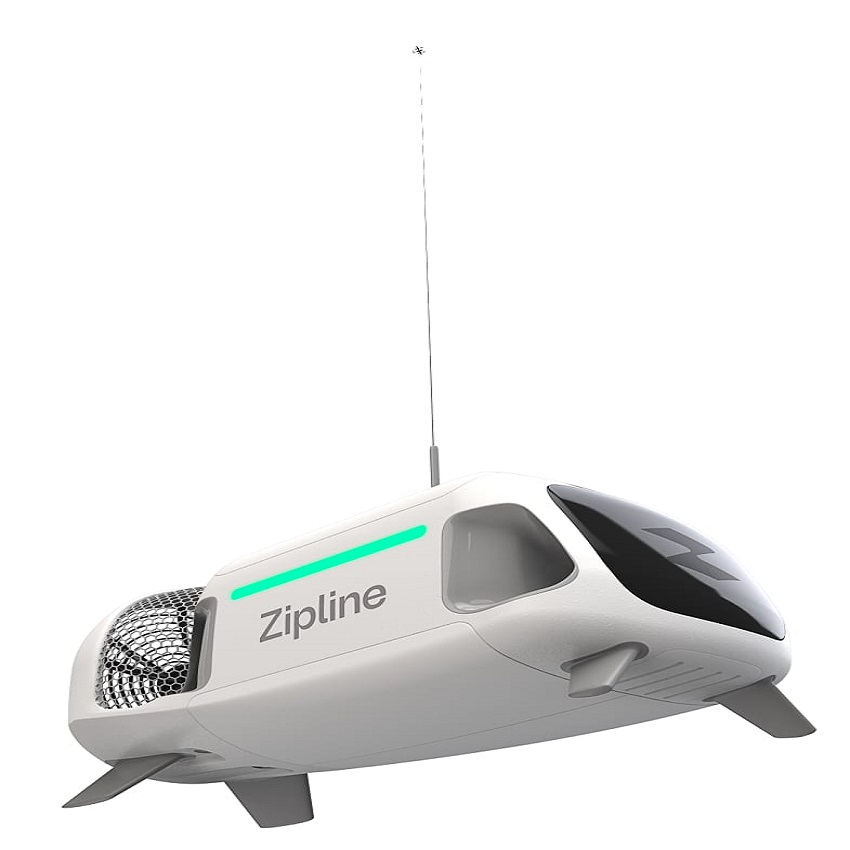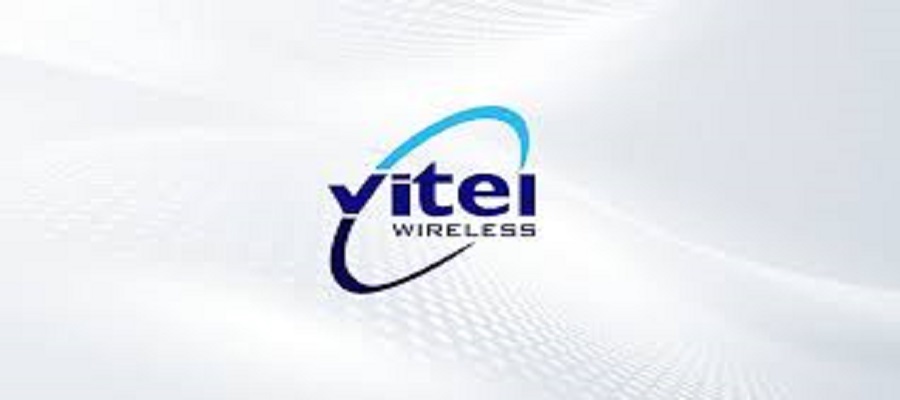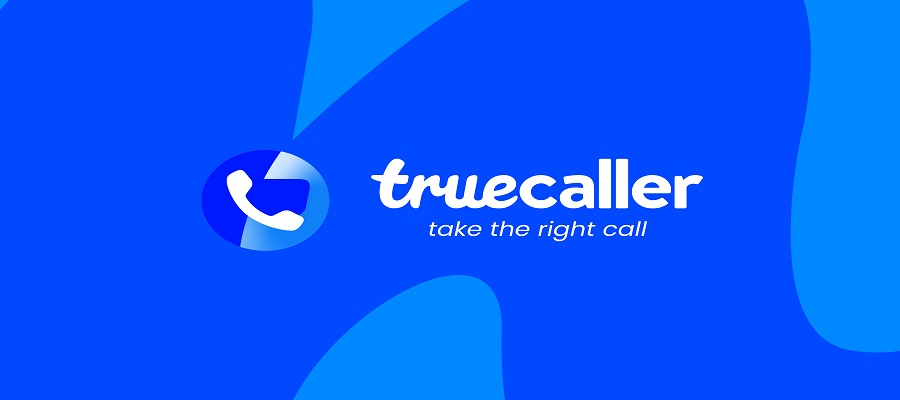Telecom
Zipline Launches New Autonomous Home Delivery Services

Zipline has unveiled its new platform that provides quiet, fast and precise autonomous delivery directly to homes in cities and suburbs. The company’s next generation home delivery platform is practically silent (designed to sound like wind rustling leaves), and is expected to deliver up to 7 times as fast as traditional automobile delivery, completing 10-mile deliveries in about 10 minutes.

Zipline has spent the last several years building and fine tuning its next generation technology, Platform 2 (P2), to provide an optimal customer experience at scale. Unlike other drone delivery services, Zipline’s drones (Zips) fly more than 300 feet above the ground and are nearly inaudible. When the Zip arrives at its destination, it hovers safely and quietly at that altitude, while its fully autonomous delivery droid maneuvers down a tether, steers to the correct location, and gently drops off its package to areas as small as a patio table or the front steps of a home. This is all made possible through major innovations in aircraft and propeller design.
Several businesses across the healthcare and restaurant sectors have already signed on to use Zipline’s new home delivery service. Sweetgreen is partnering with Zipline to further its mission of connecting people to real food in the U.S., while moving a step closer to its pledge to be carbon-neutral by 2027. By ordering through Zipline’s marketplace, Sweetgreen customers can get their orders using 97% less energy than traditional automotive methods.
“The future of delivery is faster, more sustainable and creates broader access, all of which provides improved value for our customers,” said Jonathan Neman, Co-Founder and CEO of Sweetgreen. “We couldn’t be more excited to work with Zipline to complement our delivery strategy. Zipline’s sustainable technology and ability to reach customers quickly, with a great delivery experience, will help us give our customers what they want, when they want it.”
Michigan Medicine will use Zipline’s new service to more than double the number of prescriptions it fills each year through its in-house pharmacy. Intermountain Health will use it to deliver prescriptions to patients’ homes in the Salt Lake City metro area.
MultiCare Health System plans to use the new platform to expedite diagnostics and deliver prescriptions and medical devices throughout MultiCare’s network of facilities, including hospitals, laboratories and doctors’ offices. And Zipline’s first customer, the Government of Rwanda, will use the company’s new home delivery service to enable urban aerial last-mile delivery to homes, hotels and health facilities in Kigali and elsewhere in the country.
Zipline’s end-to-end solution seamlessly integrates with a business’s current operations. That includes its dual-use docking and charging hardware, software that easily works with third-party inventory management and ordering systems, an intuitive app that allows order tracking down to the second, and an autonomy system that has already guided the flight paths of 40 million commercial miles. Zipline designed its docking and charging hardware to have a light footprint that can be attached to any building or set up as a freestanding structure.
A Zip can be easily loaded by a business’ employee who can send off orders in seconds, right from their location, without even having to leave the kitchen, pharmacy or doctors’ office. Businesses can offer Zipline’s home delivery service in a variety of ways, including native integrations into apps and websites, white labeled opportunities, and by joining Zipline’s marketplace. Customers can make on-demand orders, or schedule the exact time they’d like their package to arrive, down to the second.
Each P2 Zip has a 10-mile service radius while carrying a 6-8 pound payload for out-and-back deliveries from a single dock. Alternatively, it can also fly up to 24 miles one way from dock to dock, charging at each dock before picking up its next delivery. Because Zips can move from dock to dock, Zipline can dynamically respond to peak order times – ensuring there’s enough delivery capacity for an urgent prescription delivery or a busy Friday pizza night or weekday lunch rush.
“Over the last decade, global demand for instant delivery has skyrocketed, but the technology we’re using to deliver is 100 years old. We’re still using the same 3,000-pound, gas combustion vehicles, driven by humans, to make billions of deliveries that usually weigh less than 5 pounds. It’s slow, it’s expensive, and it’s terrible for the planet,” said Keller Rinaudo Cliffton, co-founder and CEO of Zipline.
“Our new service is changing that and will finally make deliveries work for you and around your schedule. We have built the closest thing to teleportation ever created – a smooth, ultrafast, convenient, and truly magical autonomous logistics system that serves all people equally, wherever they are.”
Zipline plans to conduct high-volume flight tests this year involving more than 10,000 test flights using about 100 aircraft. The first customer deployment of P2 will follow shortly after that. Zipline’s record for safety has been proven over the past seven years of operations and over more than 500,000 commercial flights. Its long-range platform, P1, has autonomously flown 40 million miles worth of commercial deliveries through all kinds of weather without a safety incident – the vast majority of which were flights flown beyond visual line of sight.
Zipline has received Part 135 certification, is authorized to complete the longest-range, on-demand commercial drone flights in America, and recently received FAA approval to enable its onboard autonomous detect and avoid system.
Zipline completed more deliveries in 2022 than in all previous years combined, and is planning to complete about 1 million deliveries by the end of 2023. By 2025, Zipline expects to operate more flights annually than most airlines.
Telecom
Vitel Wireless, Nigeria’s First MVNO to Launch Operations This Quarter

Vitel Wireless, a mobile virtual network operator (MVNO), which recently made history as the first operator in Nigeria to be allocated a mobile number series by the Nigerian Communications Commission (NCC) is set to launch operations this quarter.

This is sequel to announcement by Wireless Technology Labs (WTL) that t has built the network of Vitel Wireless, and enabled overseas roaming, in preparation for Vitel’s launch.
Vitel Wireless, which is headquartered in Lagos, was licensed by the NCC in 2023 and will be the country’s first MVNO.
Its launch is set to shake up Nigeria’s telecoms market with Vitel offering an alternative to the services of the country’s four major operators—MTN, Airtel, Globacom and 9Mobile.
Vitel’s network will go live in Nigeria’s major cities first and then expand nationwide.
Pricing will be competitive for basic services like voice, SMS and data and Vitel will also focus on value added services like location-based services (LBS) and IOT.
Vitel Wireless is building Experience Centres in Lagos, Abuja, Enugu, Port Harcourt, Kano and Nigeria’s other major cities where customers can purchase SIM cards.
In addition, Vitel is building a distributor network with SIM cards available through retail channels and online subscriptions using eSIMs.
WTL has already completed the integration of Vitel’s infrastructure with the network of a major MNO and has also enabled international roaming using its proprietary advanced core systems.
This means that Vitel will be able to launch as soon as the NCC approves its network and operational model.
Kenneth Nwabueze, CEO of Vitel Wireless, said “We are going to be offering innovative solutions beyond what the big four operators who have dominated Nigeria’s telecoms market are currently offering. We are investing heavily in our operations, and our work with WTL will enable us to launch in Q2, 2025”.
WTL, which is headquartered in Belgium, has been active in Nigeria and across Africa for more than 20 years working with operators of all sizes to rollout both urban and rural networks. Its work has garnered widespread recognition and industry awards.
WTL has already enabled the networks of two of the 46 new MVNOs licensed by the NCC, and recently announced that it is working with Nigeria’s first Mobile Virtual Network Enabler (MVNE) which is constructing new mobile network infrastructure to provide capacity for emerging MVNOs through its Platform as a Service (PaaS) model.
Mr. Satya Mekala, CEO of WTL, said, “I congratulate The NCC for licensing new operators to improve competitiveness, increase rural coverage and drive the adoption of digital services including Fintech, Edtech, Agriculture, IOT and more. I further thank Vitel for giving us the opportunity to showcase our advanced core technologies and wish them great success in becoming the first ever MVNO in Nigeria”.
Telecom
ipNX Partners NCC to Deepen Broadband Penetration

ipNX, Nigeria’s leading information and communications technology company and connectivity provider is collaborating with the Nigeria Communications Commission (NCC) to explore opportunities for further growth and development policy alignment in support of the Federal Government of Nigeria’s broadband penetration and digital transformation agenda.

The company recently visited NCC at it Abuja office to strengthen the collaborative relationship between both institutions.
The delegation from ipNX, which was led by Ejovi Aror, group managing director, was received by Dr Aminu Maida, executive vice chairman/chief executive officer, Nigeria Communications Commission.
During the visit, the discussions focused on the current state of internet access in Nigeria, the myriad of challenges being faced by service providers, including but not limited to vandalism of key infrastructure and right of way, as well as the regulatory landscape.
The engagement highlighted the shared vision of both institutions to bridge the digital divide and empower Nigerians through reliable and affordable internet connectivity.
As a leading player in Nigeria’s ICT sector, ipNX reaffirmed its unwavering commitment to the realisation of the National Broadband Plan, which aims to achieve 70% broadband penetration this year.
With over two decades of pioneering innovation within the sector, the company has consistently demonstrated resilience across different economic cycles without compromising quality of service and affordable pricing.
Commenting on the visit, Aror, stated, “Our engagement with the Nigeria Communications Commission is a positive step towards shaping the future of telecommunications in Nigeria. At ipNX, we believe that active collaboration with regulators and other key stakeholders is critical to achieving the development targets outlined in the National Broadband Plan. We are proud to continue playing a pivotal role to drive broadband penetration and ensure that every Nigerian, irrespective of their location, has access to the transformative power of the internet.”
The meeting also emphasised the importance of policy alignment and regulatory frameworks that enable innovation, investment, and sustainable growth in the telecommunications sector.
As Nigeria continues to make strides in its digital transformation journey, ipNX stands ready to leverage its expertise, infrastructure, and partnerships to support the realisation of the government’s broadband penetration objectives.
The company remains dedicated to empowering individuals, businesses, and communities through cutting-edge technology and unparalleled connectivity solutions.
Telecom
Truecaller Surpasses 450m Users, Expands Global Reach

Truecaller, the popular caller identity app, announced that it surpassed 450 million users earlier this week, expanding it’s global reach.

The company added 50 million users in the past 10 months, including 15.5 million since the beginning of 2025.
Leadership Changes and Market Expansion
India remains Truecaller’s largest market, a factor reflected in the company’s recent leadership decision.
Following the decision of its co-founders to step back from daily operations last year, Truecaller appointed Rishit Jhunjhunwala, previously the Chief Product Officer and MD of India operations, as the new CEO.
While India continues to be a key market, Jhunjhunwala noted that the company is seeing rapid growth in other regions.
“We are proud that we now serve more than 450 million users globally. As before, we continue to see steady growth in our largest market, India, but the fastest relative growth is in markets outside of India.
“So far in 2025, we see strong growth trends in Latin America, South Africa, Kenya, Nigeria, Malaysia, and the US,” Jhunjhunwala wrote in a blog post.
Regulatory Challenges in India
Despite its dominance in India, Truecaller faces potential challenges as the country’s telecom department pushes for mobile carriers to implement a government-backed caller ID system.
This move could introduce competition to Truecaller’s services in one of its most crucial markets.
Financial Performance and Market Position
Truecaller maintained an active user base of nearly 430 million throughout Q4 2024. The company reported strong financial results for the quarter ending in December, with:
Net sales increasing by 23% year-over-year
Profit after tax rising by 29%
Stock price up more than 33% year-to-date
Product Enhancements and AI Integration
Earlier this year, Truecaller improved its caller ID functionality for iOS, overcoming previous limitations imposed by Apple’s operating system.
The company has also been expanding its offerings beyond caller identification by introducing:
Call recording and transcription features
An AI-powered assistant for call screening
Enhancements to its SMS and chat functionalities
With these advancements, Truecaller aims to solidify its position as a comprehensive communication platform while navigating competitive and regulatory challenges.

 News2 days ago
News2 days agoNIPSS Projects Petrol Prices to Hit ₦750/Litre Before Year’s End!

 E-Financial2 days ago
E-Financial2 days agoFidelity Bank Reports N385.2Bn Pre-Tax Profit for 2024

 E-Business2 days ago
E-Business2 days agoNIMC Says NIN Mandatory to Government Loans

 General News2 days ago
General News2 days agoFinancial Cyberthreats Report Reveals 3.6Ttimes Surge in Mobile Banking Malware

 News2 days ago
News2 days agoFG to Create 1m Technology Jobs – Minister

 E-Business2 days ago
E-Business2 days agoAfrica’s Data Workers are Being Exploited by Foreign Tech Firms – Report

 E-Financial2 days ago
E-Financial2 days agoNew Investment Law Empowers SEC to Obtain User Data from Telcos

 E-Financial2 days ago
E-Financial2 days agoPonzi Operators Risk 10-Year Jail Term, N20m Fine – SEC



























